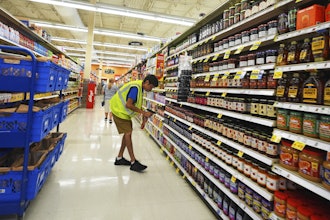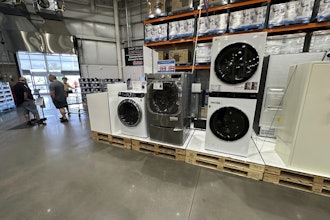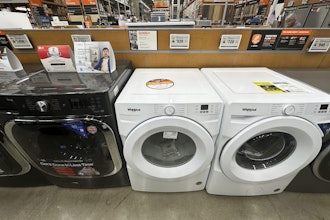
Several years ago, I was a guest speaker at a distributor advisory council meeting for a national manufacturer of safety products. Before I was introduced, the president of the company, who was new to our industry, told these distributors he was glad that his top “customers” were able to attend. I looked at several of the distributors who cringed at the word “customers.”
The word customer when describing the relationship between manufacturers-distributors is often not used. In fact, the word is abhorrent to some manufacturers; one manufacturer even insists that their employees refer to their distributors as “channel partners.”
A partnership in its truest sense means that information is shared, marketing goals, sales strategies are established and agreed to so both parties know what is expected from the other. But often, unfortunately, that is not the case. I’m reminded of a recent meeting in which a speaker told distributors that collaboration and sharing of information was critical to the success of both parties. So, the speaker asked: “Why don’t you share information?”
One member of the audience, a long-time distributor of welding supplies, said he wouldn’t think of sharing sales information because “I don’t trust them. They’ll take the customers direct.”
So much for partnering.
But it is true that, to a high degree, both manufacturers and distributors benefit when they are in a mutually beneficial partnership. And that that has been proven by an in-depth research study of distributors and manufacturers across a wide range of industries completed by the Gallup Research organization.
Jordan Katz, senior management consultant for Gallup, wrote in a recent post: “Suppliers who provide tools and resources that help distributors succeed can strengthen their distributor partnerships in ways that will yield tangible results.
“For suppliers, distributors represent your brand to current and potential customers. They can build up your brand promise — or tear it down. Measuring, managing and optimizing a distributor's dual employee/customer relationship can yield positive performance impact and help differentiate a supplier in the marketplace.”
Gallup said that manufacturers’ must learn more about its distributors' businesses, bringing them tools that will improve their performance, and helping them reach their goals. “Measure and manage distributors' engagement as employees and as customers of your company, and create a strategy to increase that engagement. Share your best practices with your distributors, and help your distributors hire employees with the right talents to succeed so they can improve their workforce, too.
“We've found that suppliers that are very knowledgeable about their distributor's business, that bring the distributor valuable ideas, and that help distributors reach their goals are the best performers. Helping distributors build an expanding base of high-performing customers will help suppliers and distributors alike. Building this kind of partnership is good for your company, your brand and your earnings. But it's just as beneficial for your distributors. As your revenue increases, so will theirs. As one of our client's distributors said, ‘Help me become your partner, and together, we will succeed.’”
The study emphasizes that in the best supplier-distributor relationships, suppliers “treat their distributors as partners.”
That is, indeed, something to remember.






















